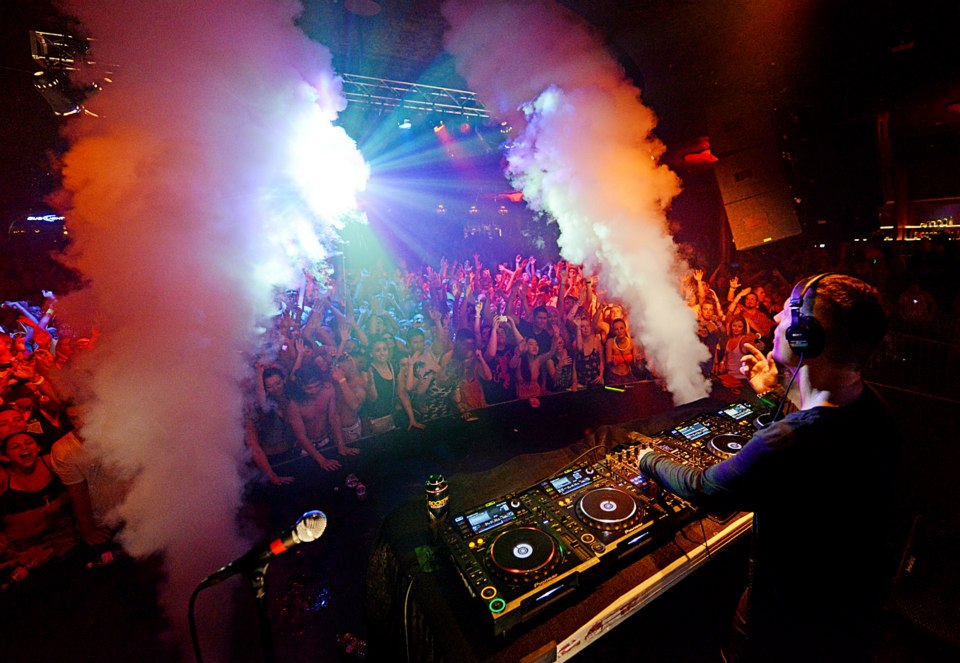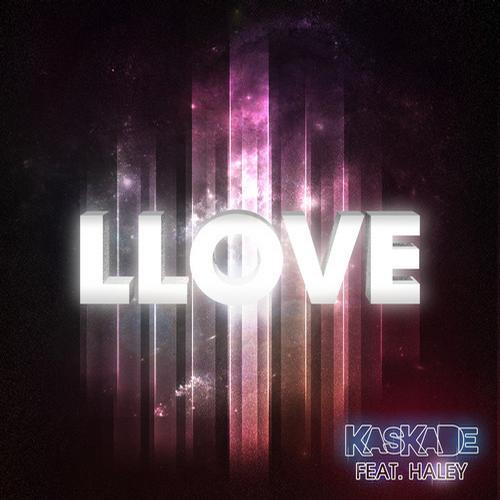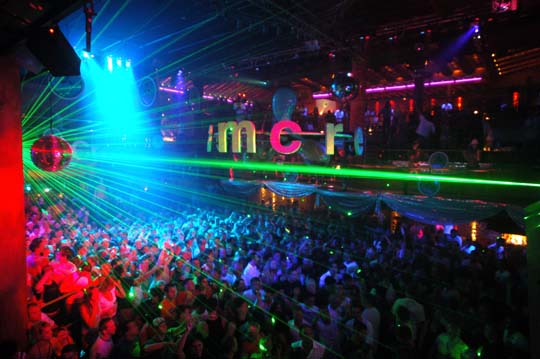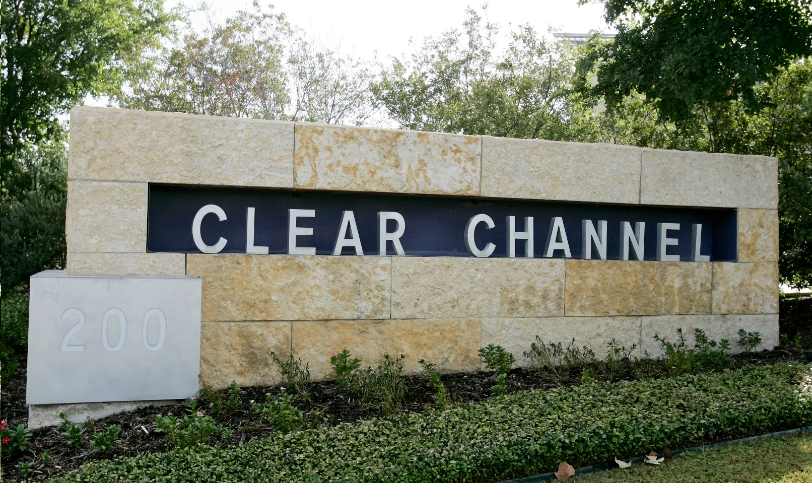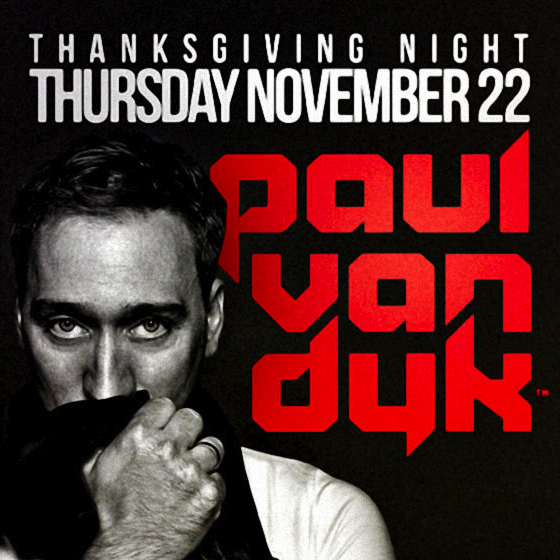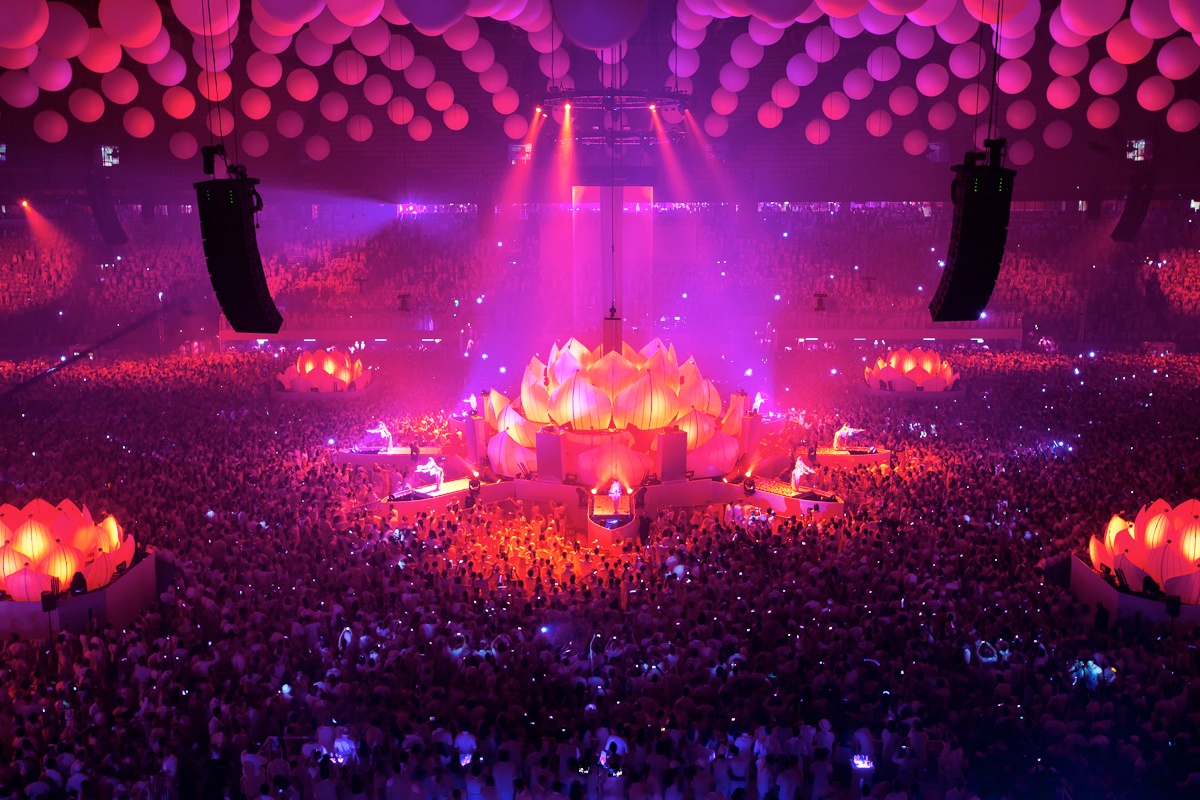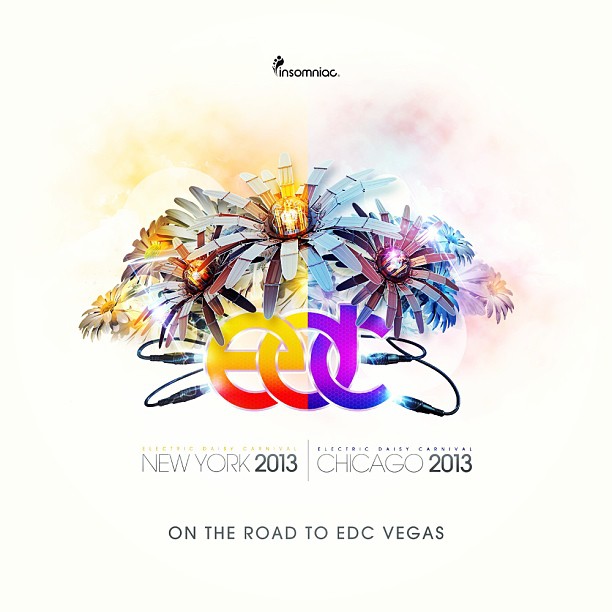Kaskade just published an editorial post on his blog, titled, Politicking of a Mash Up. The post, which you can read below, is another lengthy take on the subject, possibly fueled by the Twitter feud between Hardwell and some members of Swedish House Mafia recently. It’s an interesting read and offers some perspective on the subject from an A-list DJ/producer. Read the article here below.
Kaskade, Politicking of a Mash Up:
Explaining the politics of mash ups is a dirty business. For the uninitiated, a mash up is essentially a remix of a song. But not exactly. Maybe it’s more like a marriage of elements. For instance, I can pluck a vocal track that I’ve used previously, throw it over a tune which is sick and twisted and lovely that someone else has put together, re-arrange the order of things, put a cherry on top, tie a bow around it and release it into the world as its own special snowflake for everyone to enjoy. It’s a new thing, made up of the DNA of songs that already exist, directed by one, but manufactured by many.
As producers become DJ’s and DJ’s become producers, much of the work of live shows is now taking place before the show. These mash ups are the aural equivalent of a collage, a juxtaposition of song fragments put together to create a new piece of art. This brings us full-circle because since the beginning, this has been in our job description as a DJ. Use the tools of songs to create something new. This is the essence of DJing, after all.
Sometimes these things come together organically in a live set. I can tweak it and play it again and it works. Then it works again. And when it works I want you to hear it. You. But possibly you can’t make it to a live show because you’re too young, too far away, too broke, too busy, whatever. Doesn’t mean I don’t want you to hear it. So I’ll post it. I don’t need to keep these things tucked under my pillow, pulling out my little Precious only to be played at gigs. You want to hear it? Grab it. Like it? Great. The end.
But that’s where it gets a little tricky.
The politicking of a mash up is nothing new. Hip Hop has been having this conversation since its inception. Sampling other people’s work comes with a price. And it makes sense on one hand – why wouldn’t you compensate someone who created something you’re using? A writer can’t just plagiarize another writer and call it inspiration. An artist can’t cut and paste other artwork and claim it as their own. Why would the rules in music be any different? Calling it a mash up, a tribute, a homage or a remix: does it even matter?
I can tell you that it does. But the devil is in the details, and comes down to intent.
It’s different for everyone. I speak for only myself when I say the mash ups I put up are strictly for pleasure. I’m not looking for likes or dollars with these pieces. Usually they are a combination of songs that have been washed, rinsed and repeated enough that they’d be in the DNR pile for most DJ’s. When I bring them out, I’m certainly not claiming that they are my brainchild alone and in fact alwaysalways give credit to every artist involved. The truth is that very few people actually buy music anymore. So the landscape of being a musician has changed. My mash up is not going to be detrimental to anyone’s financial statement. In fact, it’s me doing my part to help recycle. Organic Eco-Green, Cruelty-Free DJing, you heard it here first.
Look, I get it that not everyone is on board with this approach. And there are ways to skew it. There are up-and-comers who may pair something minimal that they’ve done with a bigger piece of a bigger track and call it a mash up just to gain some notoriety. Some buster could come along and hack a song to bits, making the audience turn on the original. But this is the risk we take when we release a song. It’s at that point that we stop controlling how it’s heard, and put our faith in the DJ’s. They may abuse it, train-wreck it, loop it, or pair it up with exactly the wrong crowd at exactly the wrong time. We can’t help that. Like I said, the landscape has changed, and so we’ve got to move along. It used to be unlicensed mix tapes, now it’s unlicensed mash ups. You know who loves both?
The audience.
So, we keep going forward. Work on the next, and trust the audience. If the track has slap, just move.
